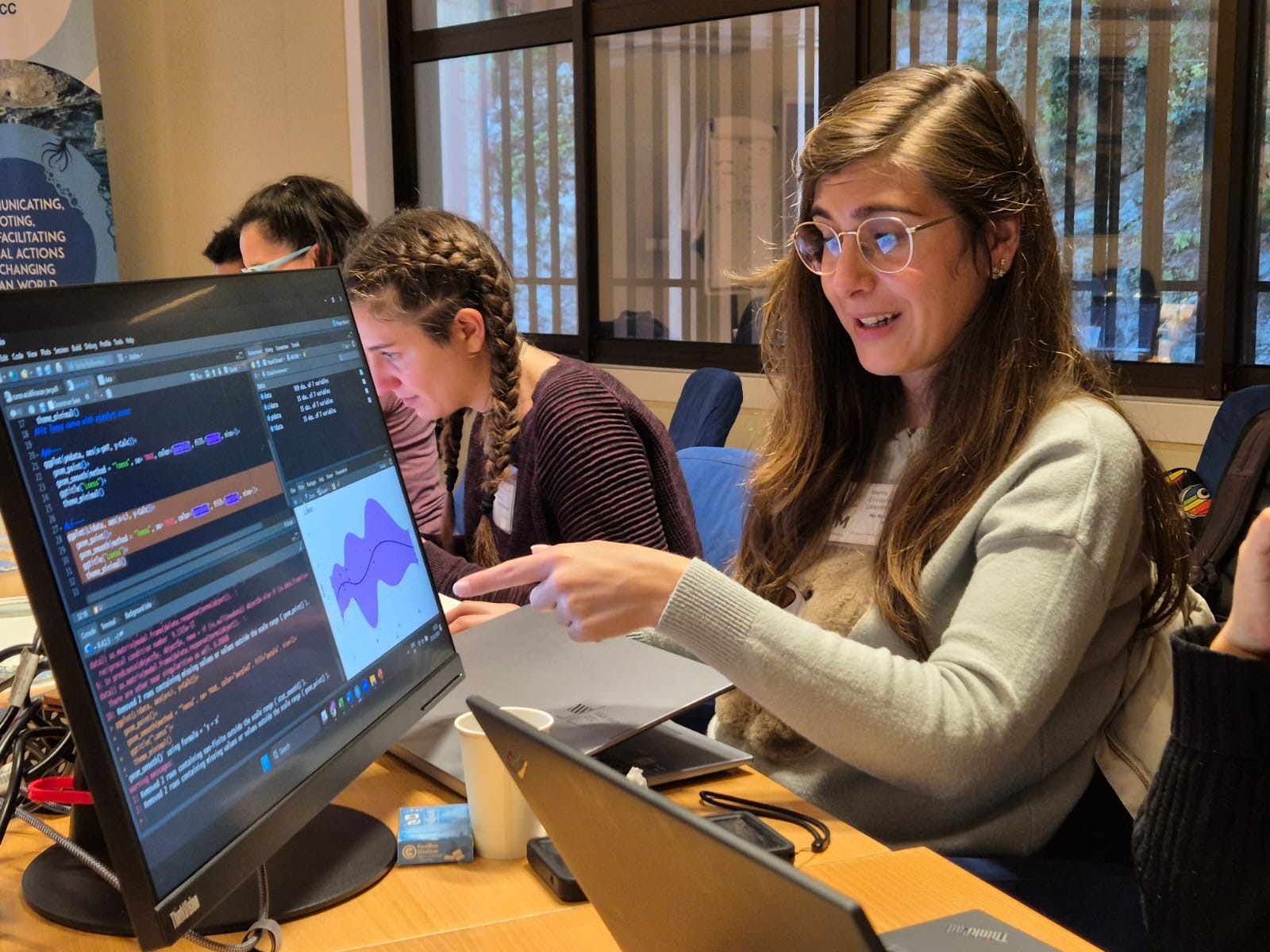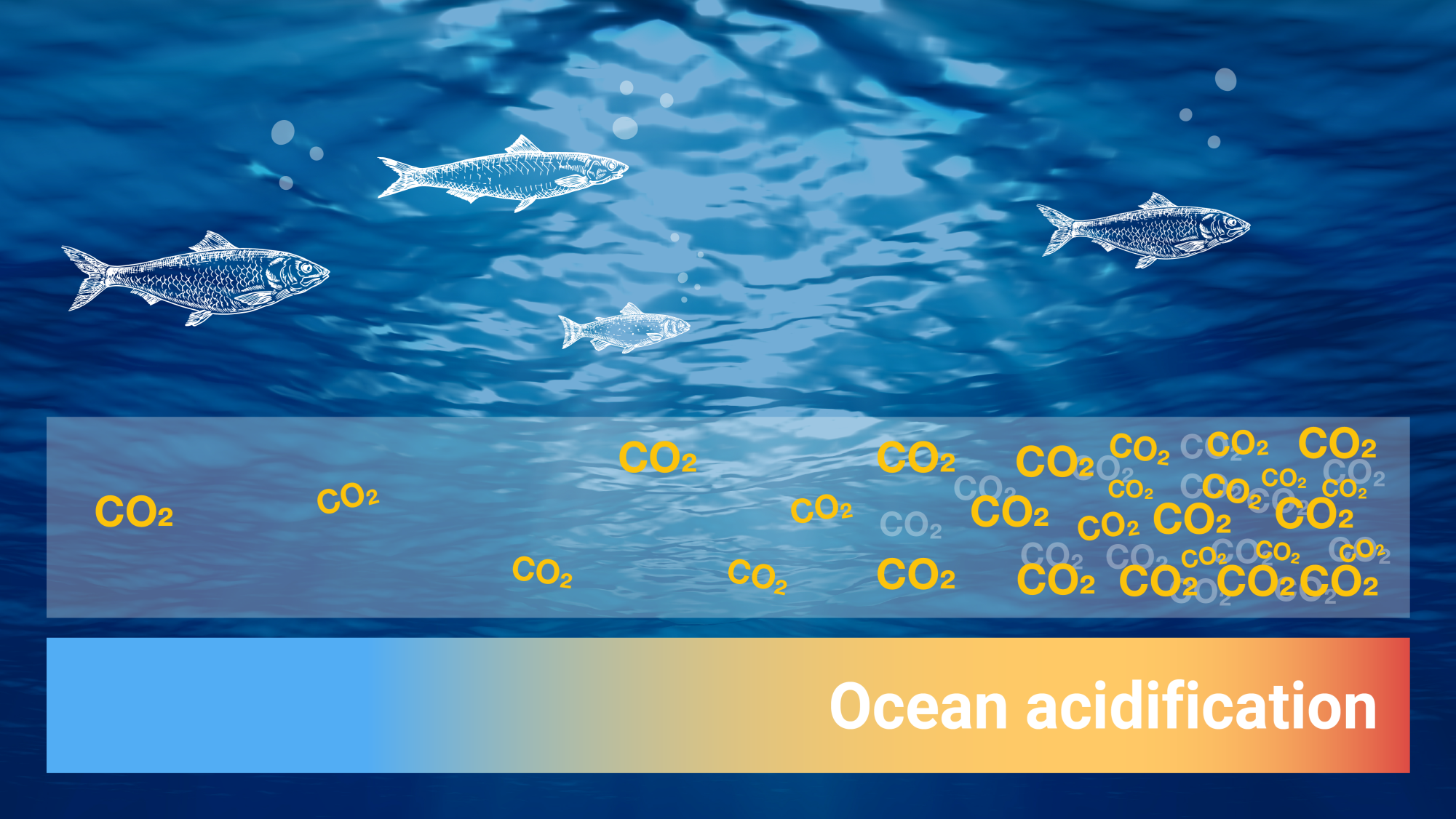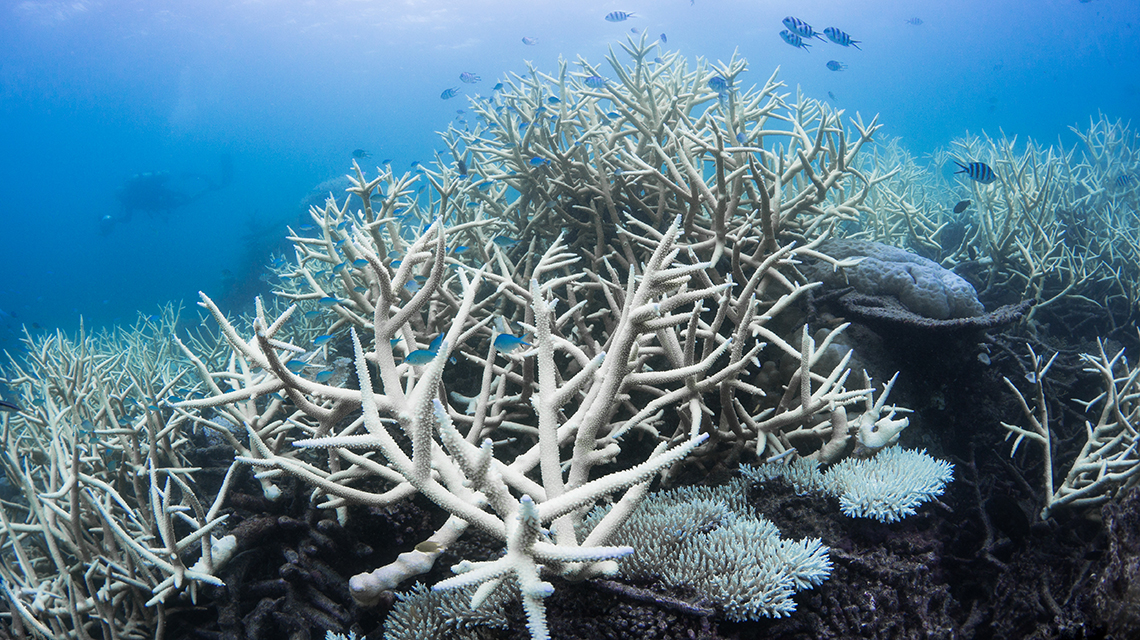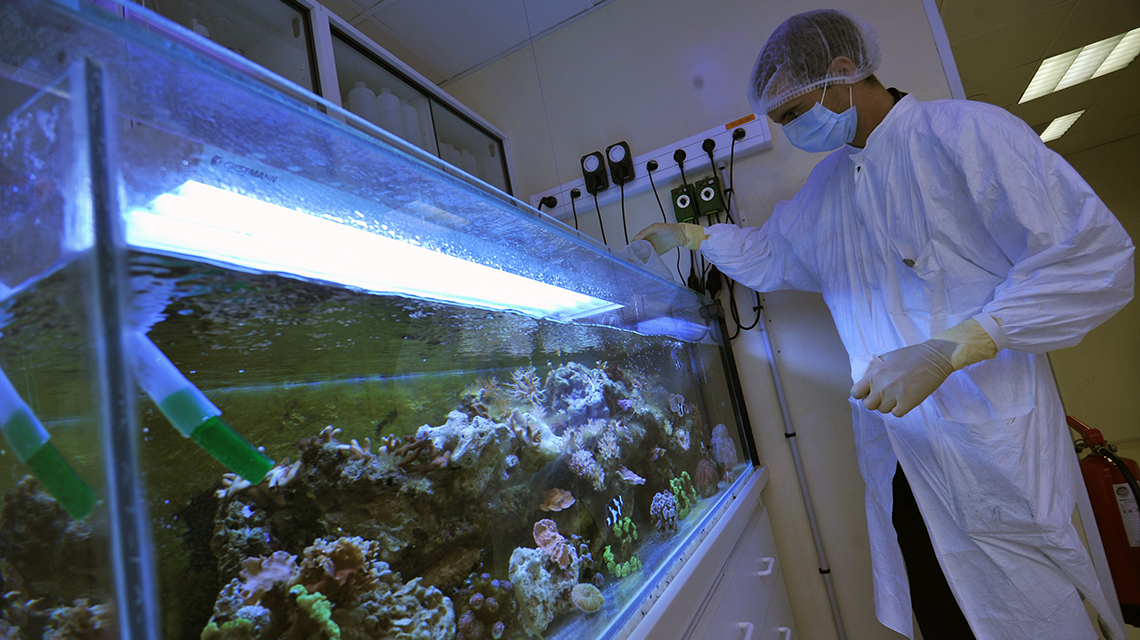In November of last year, the second Winter School on Ocean Acidification and Multiple Stressors held at the IAEA Marine Environment Laboratories in Monaco provided early-career scientists with new tools and knowledge to address challenges to sustainable ocean health. By equipping a new generation of researchers with these skills, the Winter School is paving the way for more effective management and preservation of marine ecosystems in the face of global challenges, impacting communities worldwide that depend on marine resources.
As human activities intensify, coastal and marine ecosystems face mounting pressures, from overfishing and pollution to climate change and ocean acidification. The combined effects of these “stressors” often far exceed their individual impacts, threatening biodiversity and livelihoods worldwide. Yet, research on how these drivers combine to affect marine life is complex, and remains limited, with many studies often lacking robust design or misusing key concepts. Understanding how these stressors interact is crucial for predicting their impacts on marine ecosystems and developing strategies to mitigate these effects, particularly in regions heavily dependent on marine resources.




